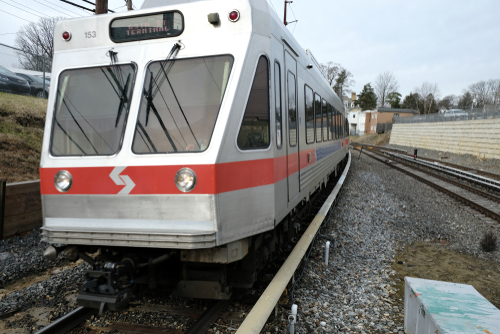
On Thursday, the Southeastern Pennsylvania Transportation Authority (SEPTA) Board announced it had approved measures to allow progress on the King of Prussia (KOP) Rail and Trolley Modernization.
Both initiatives are part of SEPTA Forward, the authority’s Strategic Plan. The board voted to initiate the real estate process necessary to acquire approximately 70 parcels of land in and around the proposed KOP Rail project and acquire a 13-acre property in southwest Philadelphia for the Trolley Modernization Program.
“SEPTA is committed to ensuring that transit can support the needs of our region moving forward,” said SEPTA Board Chairman Pasquale T. Deon Sr. “KOP Rail and Trolley Modernization are initiatives that represent the type of investment that can transform mobility by meeting current demand and anticipating future growth.”
The KOP Rail project will extend the existing Norristown High Speed Line (NHSL) four miles into King of Prussia, providing a “one-seat” ride from any station along the NHSL to that city.
The Trolley Modernization Project will build a new facility that will be centrally located and large enough to accommodate the authority’s future fleet of articulated, ADA-accessible trolleys.
“These authorizations by the Board mark important milestones for two of SEPTA’s largest capital projects that will provide long-needed improvements for our riders,” said SEPTA General Manager and CEO Leslie S. Richards. “KOP Rail will connect the three largest employment hubs in the region – Center City, University City, and King of Prussia – increasing equity by increasing access to jobs and opportunities with frequent and reliable transit service, while Trolley Modernization will create a fully accessible trolley system with new vehicles and stations built for universal access – opening our trolley service to everyone.”
SEPTA’s 2023 Fiscal Year Capital Budget commits $390 million to the KOP Rail project. Officials said SEPTA will seek a Federal Transit Administration New Starts Capital Investment Grant for up to 60 percent of the total project cost.